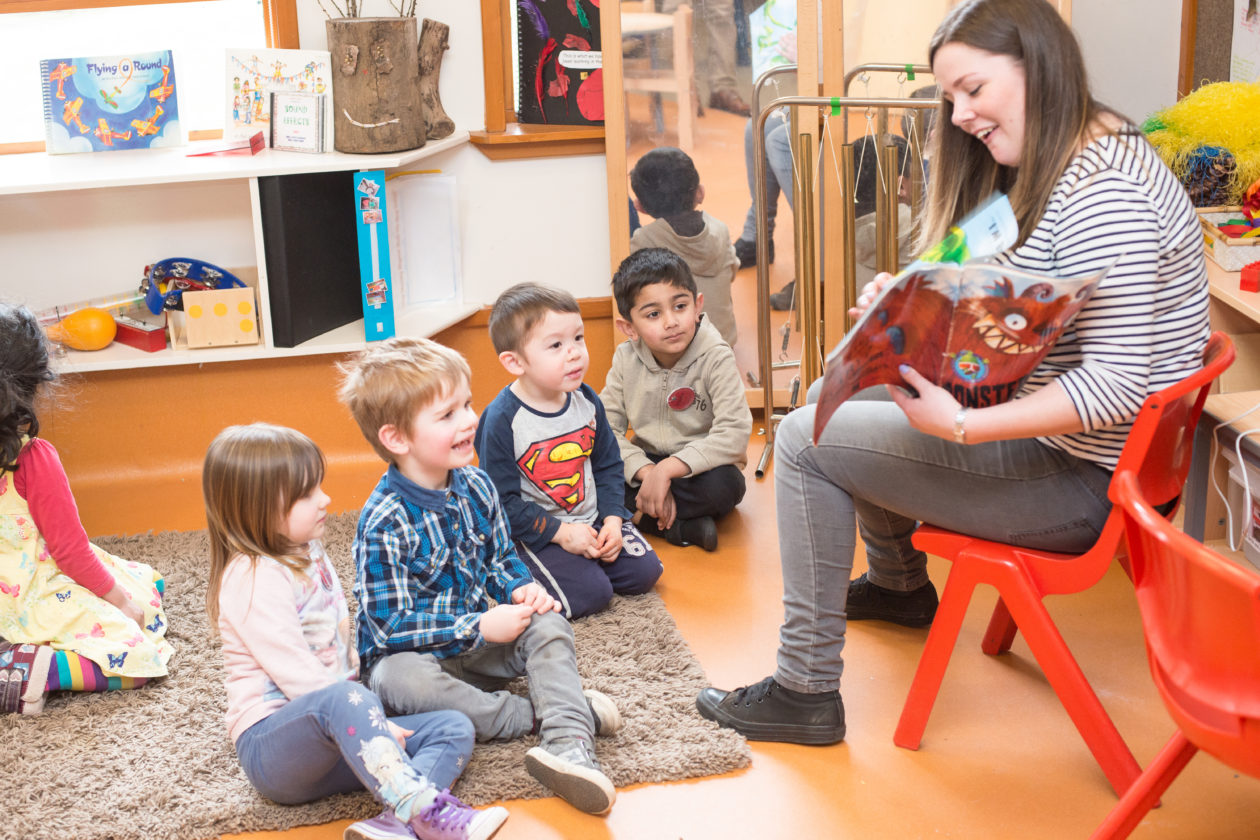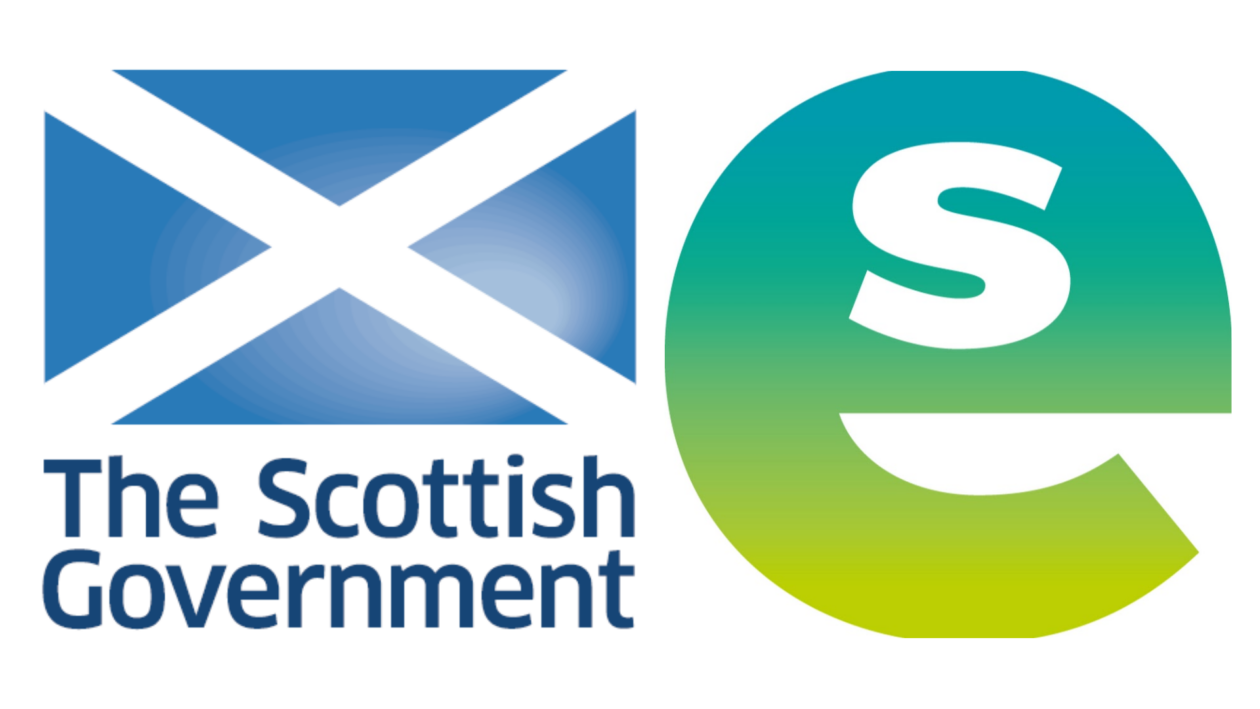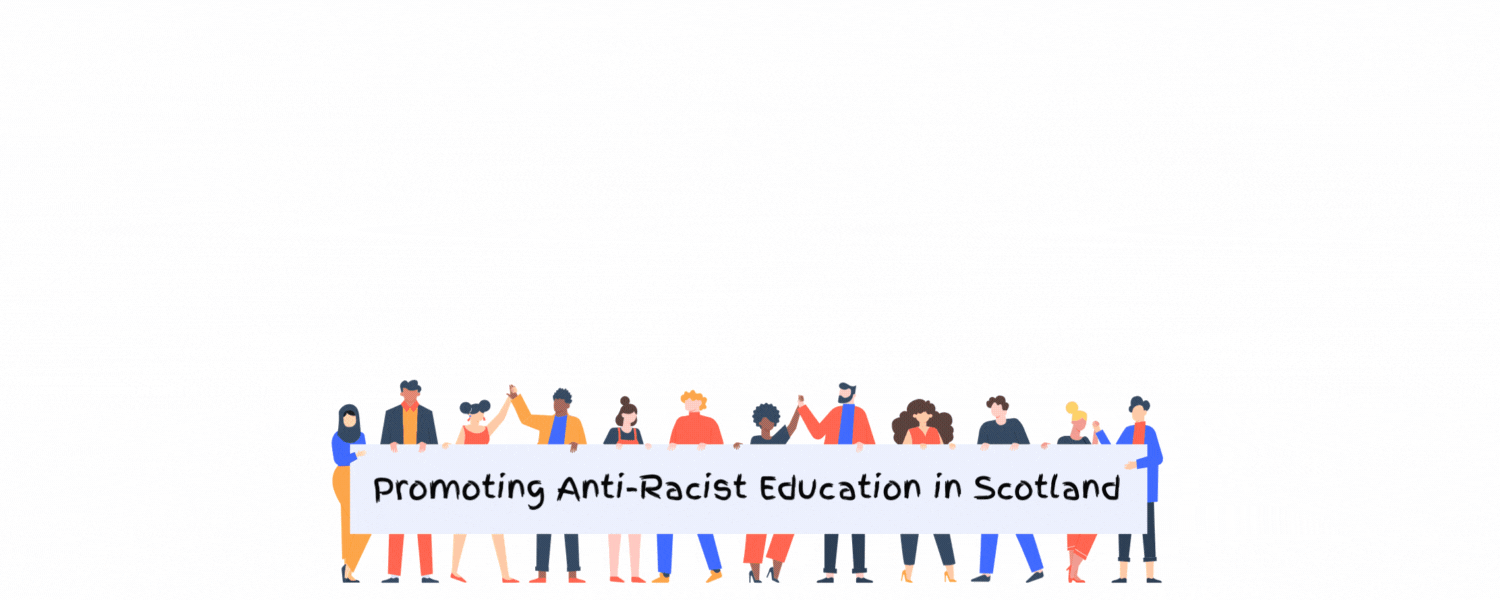Scotland’s Curriculum is designed to be ‘a coherent, flexible and enriched curriculum that is adaptable and responsive to the diverse needs of individual learners and which reflects the uniqueness of their communities’. (Scotland’s Curriculum)
It is important that all children and young people are represented, see themselves in the curriculum and recognise that it is relevant to them.
‘Until society represents everyone, the questions will always be ‘where do I belong?’ ‘Do I belong?’…representation is vital because it provides the opportunity for your existence to be acknowledged in the world’
A curriculum which represents everyone involves normalising diversity within the curriculum so that learners routinely see language, content and imagery that reflects the diversity of culture, identities, and experiences, including their own. This ‘normalising’ is more powerful than one off lessons that explore diversity or celebrate difference. The latter can have the unintended consequence of ‘Othering’ those who are not from the ethnic group which is in the majority. As celebrating difference may reinforce stereotypes, careful consideration is advised. Normalising diversity within the curriculum, as opposed to normalising the white majority ethnic group, gives every learner the important message of being valued and belonging.
own. This ‘normalising’ is more powerful than one off lessons that explore diversity or celebrate difference. The latter can have the unintended consequence of ‘Othering’ those who are not from the ethnic group which is in the majority. As celebrating difference may reinforce stereotypes, careful consideration is advised. Normalising diversity within the curriculum, as opposed to normalising the white majority ethnic group, gives every learner the important message of being valued and belonging.
In Early Level, dolls and figures, dressing up clothes, picture books and wall displays are all ways to normalise diversity. As the child grows, they can see diversity for example in worked examples in mathematics, in literature and through interdisciplinary learning. (Centre for Literacy in Primary Education (2020) ‘Reflecting Realities: Survey of Ethnic Representation within UK Children’s Literature 2019’) Portrayals of diversity should avoid stereotyping groups. Novels can portray strong friendships between characters from different ethnicities or have plots which challenge racial and other stereotypes. They can also develop the empathy of learners through sharing the lived experience of their peers. (Thagard, P. (2017) Empathy in Literature and Film)
Educators need to be proactive in ensuring that the history, experience and achievements of Minority Ethnic people are recognised in the curriculum and their positive contribution to society recognised.
Decolonising the curriculum
This term refers to interrogating the curriculum and questioning the source of content and the viewpoints represented. Muldoon (2019) argues that it is about challenging longstanding biases and omissions that limit how we understand politics and society and that
‘It is not simply about the token inclusion of a few Black, Asian and Minority Ethnic writers, but an underlying transformation from a culture of denial and exclusion to a consideration of different traditions of knowledge. To diversify our curriculum is to challenge power relations and call for deeper thinking about the content of our courses and how we teach them.’
James Muldoon, University of Exeter ‘Academics: it’s time to get behind decolonising the curriculum’
The term reflects the concern that literature, cultures, successes and histories of groups impacted by racism are not sufficiently evident in the curriculum and that the historical role of Scotland in the colonies and in the slave trade has not been consistently explored and acknowledged within the curriculum.
To understand the full complexity of decolonising, it is important to remember that racism is rooted in colonialism: when Western countries justified the enslavement of people by spreading the belief that those people were sub-human. Even after colonised countries gained their freedom, the long-standing power imbalance and those beliefs of racial superiority and inferiority remained: this is known as ‘coloniality’. Puerto-Rican decolonial scholar, Nelson Maldonado-Torres, argues that:
‘coloniality is maintained alive in books, in the criteria for academic performance, in cultural patterns, in common sense, in the self-image of peoples, in aspirations of self, and so many other aspects of our modern experience. In a way, as modern subjects we breathe coloniality all the time and every day.’
Maldonado-Torres, N. 2007. ‘On the Coloniality of Being: Contributions to the Development of a Concept’.
The curriculum section of the website will outline the opportunities within Scotland’s Curriculum to decolonise the curriculum and give examples of this in practice.
Reflective Questions
- To what extent is diversity ‘normalised’ and embedded in the curriculum?
- To what extent do the resources in your setting promote diversity and portray members of all ethnic and cultural groups in positive and non-stereotypical ways (for example avoiding only showing Scots in kilts or Black children as poor, helpless Africans)?
- Do all learners see their culture, ethnicity, faith and experience reflected in the curriculum?
- To what extent are you exploring with learners how coloniality and racism seep into the curriculum?
- To what extent does the curriculum use texts and media to include missing perspectives? More detail will be given in the Curriculum Mapping section of the website.


